 https://steponecharity.co.uk/wp-content/uploads/2025/09/Website-News-Headers-2024-1.png
355
700
Isaac Mann
https://steponecharity.co.uk/wp-content/uploads/2024/02/step-one-wellbeing.svg
Isaac Mann2025-09-12 09:52:112025-09-12 09:52:11Walking for a Cause: The Journey Behind the 300,000 Steps
https://steponecharity.co.uk/wp-content/uploads/2025/09/Website-News-Headers-2024-1.png
355
700
Isaac Mann
https://steponecharity.co.uk/wp-content/uploads/2024/02/step-one-wellbeing.svg
Isaac Mann2025-09-12 09:52:112025-09-12 09:52:11Walking for a Cause: The Journey Behind the 300,000 StepsWhat Is Schizophrenia?
Schizophrenia is a long-term mental health condition that affects the way a person thinks, feels, and behaves. It can cause a type of mental health experience known as psychosis.
Common Symptoms
- Delusions (strong beliefs not based in reality)
- Hallucinations (seeing, hearing, or feeling things that others don’t)
- Disorganised speech
- Unusual or catatonic behaviour
- “Negative” symptoms like low motivation or emotional flatness
Who is affected?
- About 1 in 300 people worldwide live with schizophrenia (that’s over 24 million people).
- Among adults, the number is slightly higher: 1 in 222.
- Around 3 in 100 people will experience a psychotic episode in their lifetime.
Schizophrenia vs. Psychosis – What’s the Difference?
Psychosis is a symptom, not a diagnosis. It can be caused by sleep deprivation, substance use, or medical/mental health conditions like schizophrenia.
Schizophrenia is a condition that includes psychosis as part of its symptoms.
The 3 Stages of Schizophrenia
- Prodromal Stage: Subtle changes begin over weeks or even years.
- Active Stage: Psychotic symptoms become more obvious.
- Residual Stage: Some symptoms fade, but difficulties like low energy and trouble focusing may continue.
Schizophrenia is a lifelong condition, but with the right support, people can and do live well.
Breaking the Stigma
Unfortunately, stigma and misunderstandings are still common:
People with schizophrenia are NOT more dangerous or violent. In fact, they’re more likely to be harmed or harm themselves than hurt others.
Schizophrenia is not the same as split personality.
Systemic bias exists – Black people are more likely to be diagnosed, despite no biological reason. Cultural misunderstandings and unconscious bias play a role.
People with schizophrenia can live fulfilling lives. With treatment, support, and understanding, recovery and wellness are possible.
Help and support
There’s no single test for schizophrenia. If you’re concerned about yourself or someone you care about, start by speaking to a GP or mental health professional. Most diagnoses happen between the ages of 18 and 35.
Looking after yourself
Managing schizophrenia isn’t just about medication, it’s also about building a support system and routine:
- Know your warning signs and triggers
- Create a wellness plan, and include loved ones in it
- Take care of your physical health
- Reduce stress where possible
- Do things that bring you joy — hobbies, crafts, walks
- Build and maintain supportive relationships
- Join peer support groups — Step One offers walking, gardening, crafts, and more
Treatment options
- Cognitive Behavioural Therapy (CBT)
- Antipsychotic medication, works well for some, especially alongside therapy
- Art, music, or creative therapies
Support for Family & Friends
- Ask how you can help and make sure you’re also looking after yourself
- Focus on how they feel, not just what they experience
- Plan ahead for tough times
- Celebrate what’s going well
Useful Contacts
Mind
Hearing Voices Network
Hub of Hope
National Paranoia Network
Rethink Mental Illness – 0808 801 0525
Royal College of Psychiatrists
Intervoice (Hearing Voices Movement)
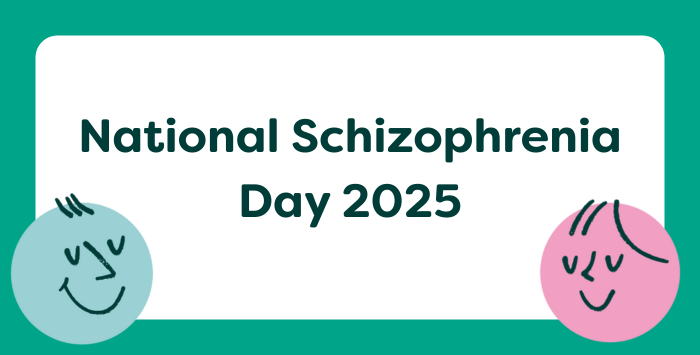
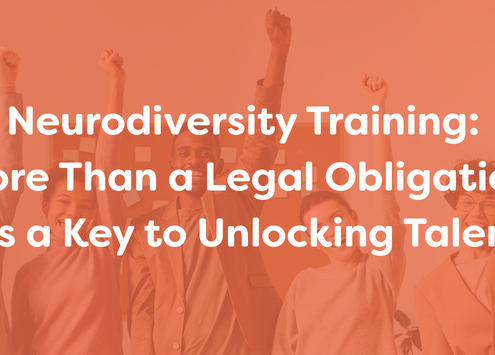
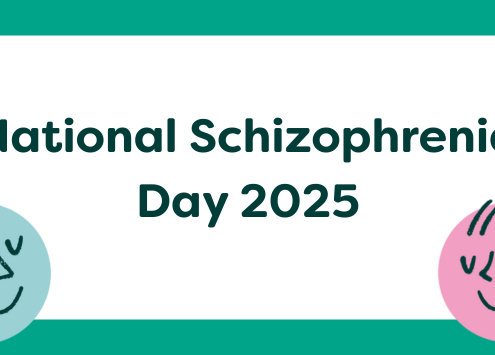
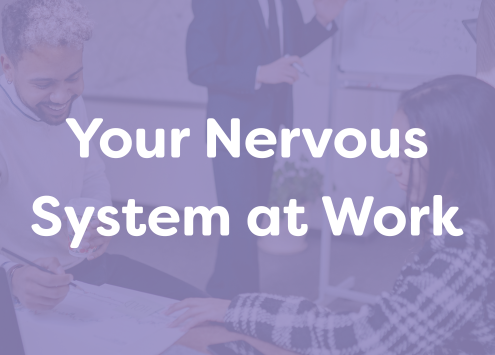
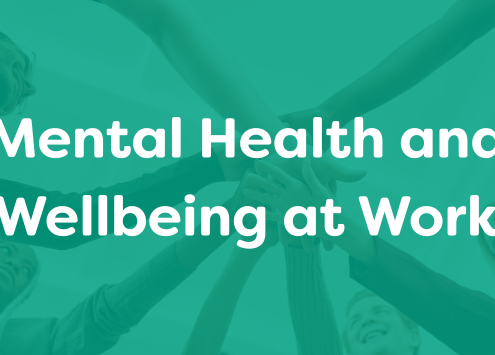
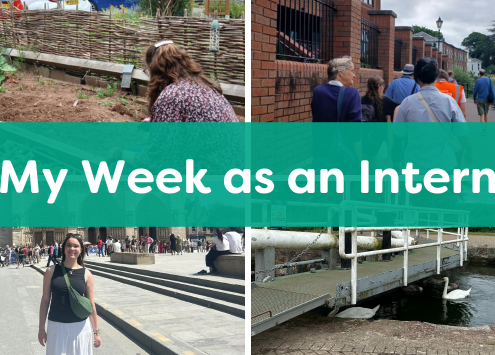
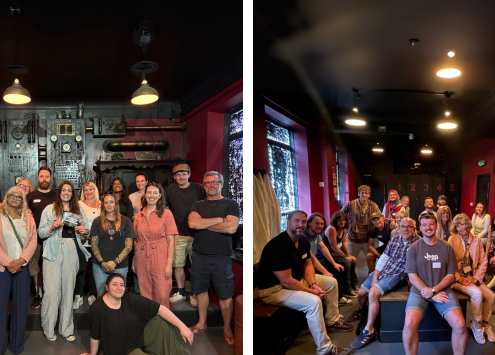
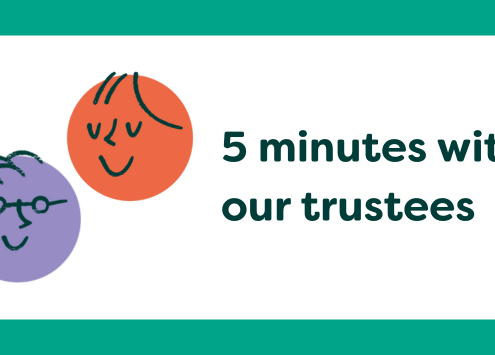
![Graphic with quote reading: “You met me at one of the most difficult times and seeing the difference you’ve made is amazing [...] Please keep doing what you do. You change lives.”](https://steponecharity.co.uk/wp-content/uploads/2025/04/Website-News-Headers-2024-33-495x355.png)

